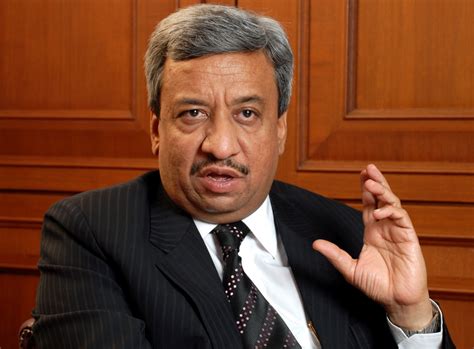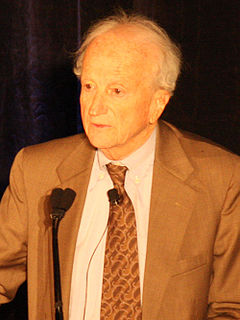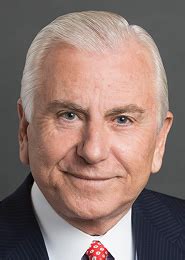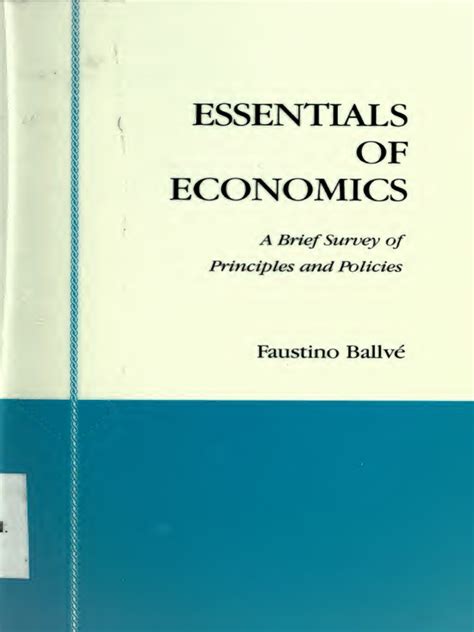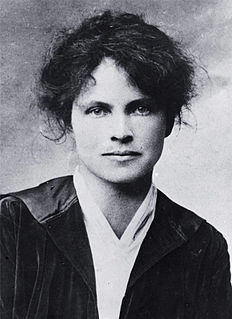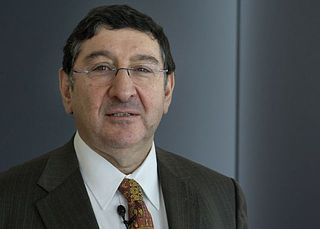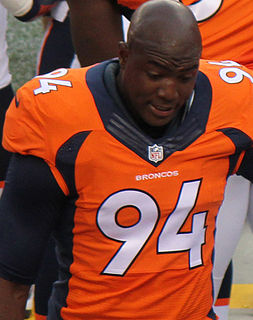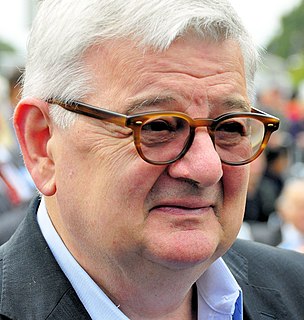Top 1200 Monetary Value Quotes & Sayings
Explore popular Monetary Value quotes.
Last updated on April 14, 2025.
Most paper money initially existed as a substitute for gold. That's what gave it value. But right now what gives a currency value is other currency. Most countries hold reserves and the reserves are other currencies. If you are a backing up the euro with the dollar, what's backing up the dollar? I don't think it is going to go to a point where all you have is coins and bars of gold, but I do think that we are going to have to go back to a monetary system based in gold, not based on paper.
The unique aspect of today's monetary inflation is that it is not limited to one country, but a host of countries are all inflating together. As a result of the monetary inflation (when all of the newly created money begins to leave the banks and enter the system), the price inflation will be worldwide.
...monetary exchanges have interesting things in common; Gresham's law, if true, says what one of these interesting things is. But what is interesting about monetary exchanges is surely not their commonalities under physical description. A natural kind like a monetary exchange could turn out to be co-extensive with a physical natural kind; but if it did, that would be an accident on a cosmic scale.
One of the big myths about philanthropy is that it's all about donating funds for a cause. I like to look at it quite differently. Philanthropy is about 'giving' - not just in monetary terms but also in non-monetary aspects, like time, ideas, or being a volunteer. Donating money is just a small part of philanthropy.
I am a Prince," he replied, being rather dense. "It is the function of a Prince—value A—to kill monsters—value B—for the purpose of establishing order—value C—and maintaining a steady supply of maidens—value D. If one inserts the derivative of value A (Prince) into the equation y equals BC plus CD squared, and sets it equal to zero, giving the apex of the parabola, namely, the point of intersection between A (Prince) and B (Monster), one determines value E—a stable kingdom. It is all very complicated, and if you have a chart handy I can graph it for you.
Monetary calculation is not the calculation, and certainly not the measurement, of value. Its basis is the comparison of the more important and the less important. It is an ordering according to rank, an act of grading (Cuhel), and not an act of measuring. It was a mistake to search for a measure of the value of goods. In the last analysis, economic calculation does not rest on the measurement of values, but on their arrangement in an order of rank.
If the practice persists of covering government deficits with the issue of notes, then the day will come without fail, sooner or later, when the monetary systems of those nations pursuing this course will break down completely. The purchasing power of the monetary unit will decline more and more, until finally it disappears completely.
There is no doubt in my mind that as central banks begin to abandon the dollar, there will be an enormous amount of monetary demand for silver and the silver ratio will plummet. If you look at all of the monetary crises over the last 100 years, any time that there has been even a whiff of a collapse of the dollar, the silver ratio has soared.
Human capital analysis starts with the assumption that individuals decide on their education, training, medical care, and other additions to knowledge and health by weighing the benefits and costs. Benefits include cultural and other non-monetary gains along with improvement in earnings and occupations, while costs usually depend mainly on the foregone value of the time spent on these investments.
I think the inflation prospects for the U.S. over the next five or six, seven years, are quite serious. You cannot have a bumper crop in apples without the value or the price of each apple falling. The Fed has had the largest increase in the monetary base in the history of the U.S., from colonial times to the present, times ten.
The Great Depression was not a sign of the failure of monetary policy or a result of the failure of the market system as was widely interpreted. It was instead a consequence of a very serious government failure, in particular a failure in the monetary authorities to do what they'd initially been set up to do.
All of the government's monetary, economic and political power, as well as its extensive propaganda machinery, will be enlisted in a constant battle to drive down the price of gold - but in the absence of any fundamental change in the nation's monetary, fiscal, and economic direction, simply regard any major retreat in the price of gold as an unexpected buying opportunity.
Think of a public library, worth more for those who cannot afford numerous books. Think of a public waterway or fishing ground. All types of commons have imputed monetary value that together comprise a source of social income. As such, the commons reduces economic inequality and insecurity in society.
In the North, neither greenbacks, taxes, nor war bonds were enough to finance the war. So a national banking system was created to convert government bonds into fiat money, and the people lost over half of their monetary assets to the hidden tax of inflation. In the South, printing presses accomplished the same effect, and the monetary loss was total.
Using SROI to explore the value of our online question and answer service, askTheSite, helped us develop new mechanisms for speaking to young people and gain a real insight into the impact of our work. The project enabled us to demonstrate YouthNets commitment to robust impact measurement as well as our commercial approach to project evaluation. Perhaps most importantly, being able to assign a monetary value to askTheSite has enabled YouthNet to convey to current and potential funders how valuable the service is for both young people and the wider society in a language that they understand
The classics of Marxism talked of communism as a society to which a modern society should aspire, a society truly fair, where the relations of monetary exchange were not the priority but one wher the people's needs could be satisfied, and where people would not be worth more according to how much monetary wealth they acquired. Instead their value would be based on their contribution to society as a whole. It would be a society without class that would accept people based on their capabilities and their potential to contribute to that society.
Of God's love we can say two things: it is poured out universally for everyone from the Pope to the loneliest wino on the planet; and secondly, God's love doesn't seek value, it creates value. It is not because we have value that we are loved, but because we are loved that we have value. Our value is a gift, not an achievement.
I don't necessarily do anything just for the money. I do it for the passion and I do it for the love, because I'm still hungry. So if I want to do music, it's not necessarily motivated because of monetary value. It's more about the passion and the love, and I think that's where music should come from, the heart, not necessarily just to cash a check.
A private enterprise system needs some measuring rod, it needs something, it needs money to make its transactions. You can't run a big complicated system through barter, through converting one commodity into another. You need a monetary system to operate. And the instability in that monetary system is devastating to the performance of the economy.
The underconsumptionist of 1819 believed that consumption would be stimulated by tariffs, while the underconsumptionist of a later day urged monetary expansion as the remedy. On the other hand, the remedy proposed for the shortage of money capital was monetary inflation in 1819, encouragement of savings and thrift in the 1930s.
I don't want to give too much away, but something horrible happens in 1977. That was also the year of the Queen's Silver Jubilee. I remember this jubilee. I remember receiving a commemorative coin from the school. I think it was a fifty pence piece. That was its monetary value, but it was not a normal fifty pence piece, and it would have been strange to try and use it in a shop.
My definition of success is to be happy in what you like to do best. It's not a monetary value; it's an internal value in itself. If you're happy from the inside-out, thats what is important. Success comes as a day to day value or reaching a goal that you have, and you've got to prepare yourself for what's to come when success is there.
Inflation is always and everywhere a monetary phenomenon in the sense that it is and can be produced only by a more rapid increase in the quantity of money than in output... A steady rate of monetary growth at a moderate level can provide a framework under which a country can have little inflation and much growth. It will not produce perfect stability; it will not produce heaven on earth; but it can make an important contribution to a stable economic society.
Inflation is certainly low and stable and, measured in unemployment and labour-market slack, the economy has made a lot of progress. The pace of growth is disappointingly slow, mostly because productivity growth has been very slow, which is not really something amenable to monetary policy. It comes from changes in technology, changes in worker skills and a variety of other things, but not monetary policy, in particular.








